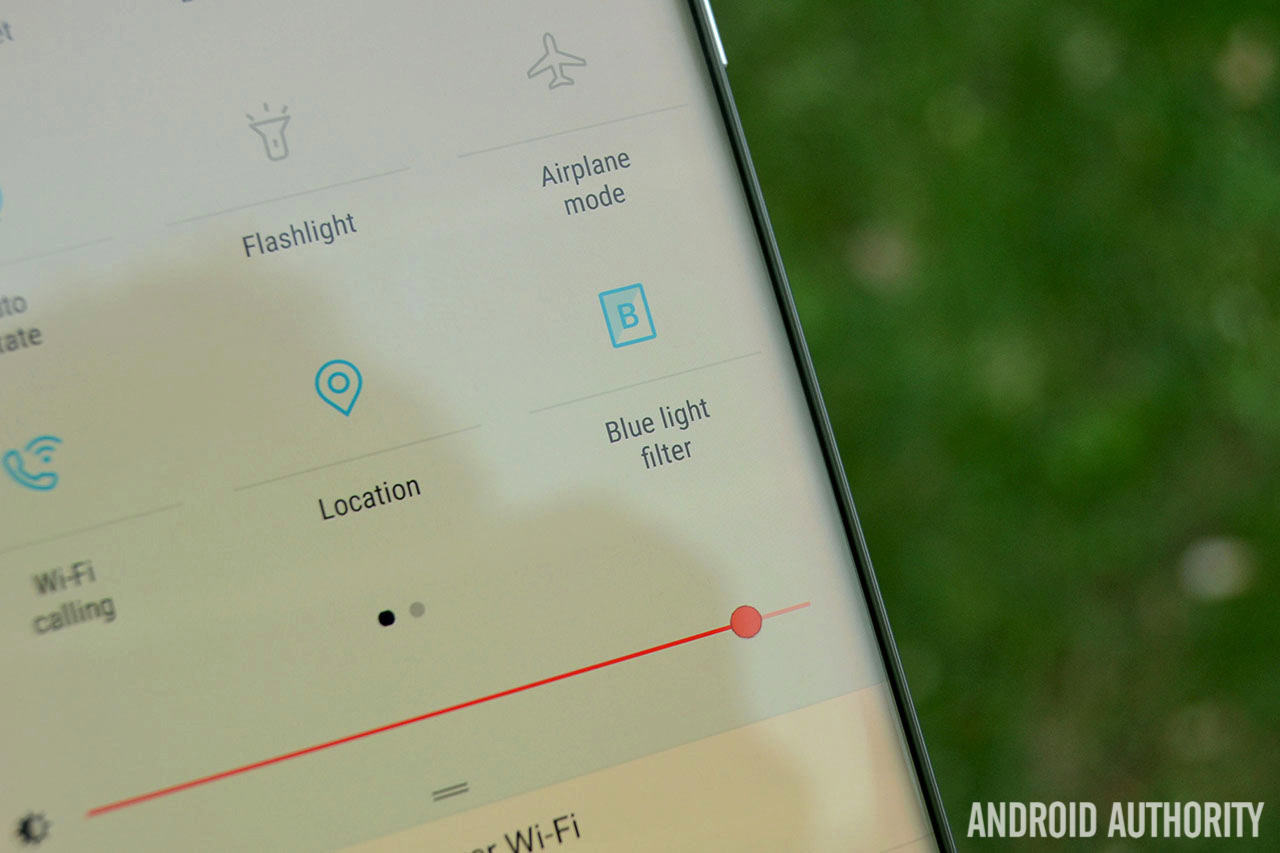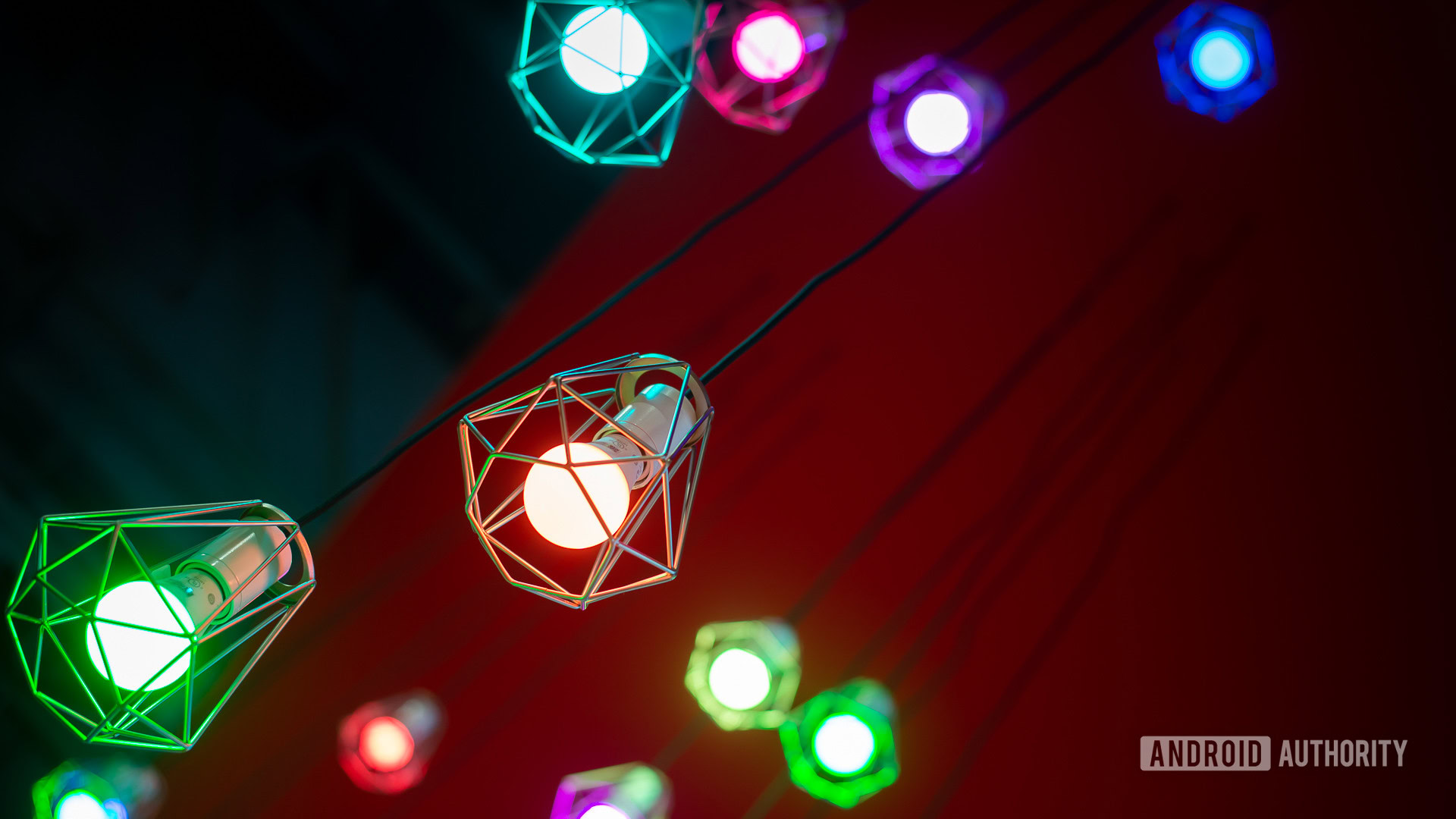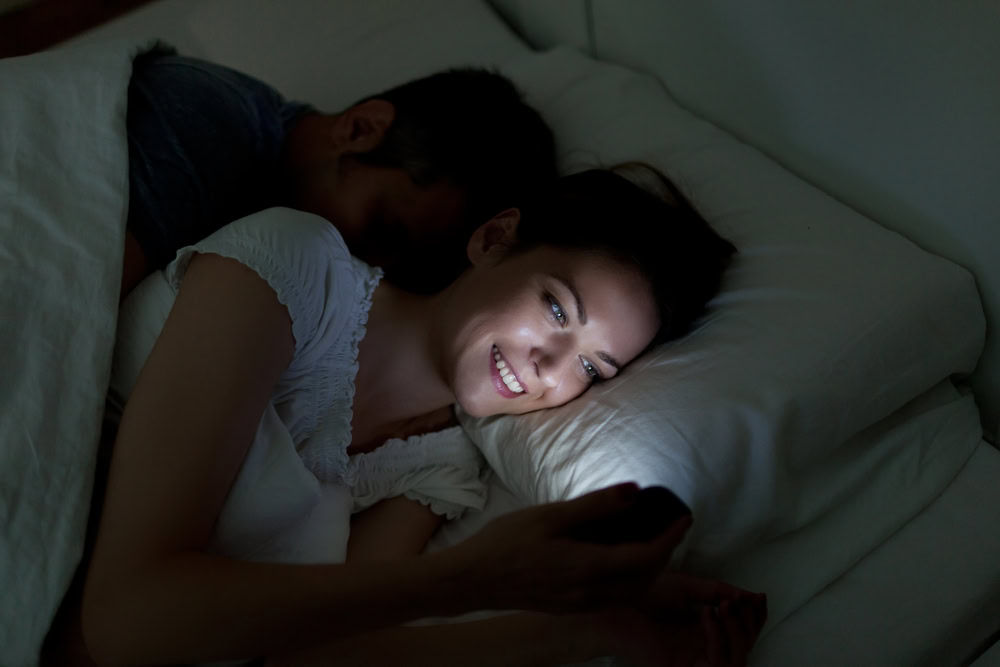Affiliate links on Android Authority may earn us a commission. Learn more.
Use a blue light filter on your phone? You might want to consider stopping

According to a recent study by the University of Manchester, we may have the wrong idea about blue light filters. Also referred to as night mode, night shift, night light, etc., the blue light filters on our devices are designed to help us sleep better at night by not messing with our circadian rhythm. It turns out this feature could be doing the exact opposite.
What the University of Manchester found about blue light filters

The University of Manchester conducted this study on a group of mice after the research team — led by Dr. Tim Brown — believed the view that blue light has the most substantial effect on the circadian rhythm was a false assumption. Using specially designed lighting to adjust the color temperature without changing the brightness, the team exposed the mice to various colors and observed the effects it had.
The results suggested blue light produced fewer effects on the mice’s body clock than yellow light. Dr. Brown and the rest of the research team say this makes sense since the evening is both dimmer and bluer than day time, and the body heavily relies on these two identifiers to determine appropriate asleep and awake times.
Using dimmer, cooler lights in the evening and brighter, warmer lights in the day may be more effective at helping manage our bodies natural sleep cycle.
Previously, scientists believed blue light had a strong effect on sleep patterns because of how it affects the retinal cone cells in our eyes. Though this may still be true, it is not the primary way our bodies determine our natural rhythm.
“Our findings suggest that using dim, cooler, lights in the evening and bright warmer lights in the day may be more beneficial,” said Dr. Brown. “Research has already provided evidence that aligning our body clocks with our social and work schedules can be good for our health. Using colour appropriately could be a way to help us better achieve that.”
What that means for the average person

Admittedly, I have always been a bit skeptical about the health benefits of blue light filters. I’ve often wondered why the lighting on long flights changed to a dim, blue tint during the hours passengers would usually be sleeping and to bright yellow during the ideal waking hours.
Creating a twilight ambiance could be the visual cue your body needs to get into sleep mode.
But what does this mean for us? What is the best way to make sure our devices don’t mess with our internal clocks? In the end, the answer is quite simple — just don’t look at any screens before you go to bed.
No matter what you do to your device screen, it’s still going to emit artificial light and potentially mess with your sleep cycle. No amount of tweaking and life hacking will ever change that.
But for those of you who aren’t satisfied with that answer, one of the best things to do might be to reverse our lighting habits. Instead of using warm, yellow-tinted lights at night, maybe try switching everything to a dim, blue light. This is particularly easy if you already have smart lights.
Creating a twilight ambiance could be the visual cue your body needs to get into sleep mode. As for me, I’m just going to try to stay off my phone. The last thing I want is to feel like I am trapped on another overnight flight. That’s the easiest way to ensure a sleepless night.